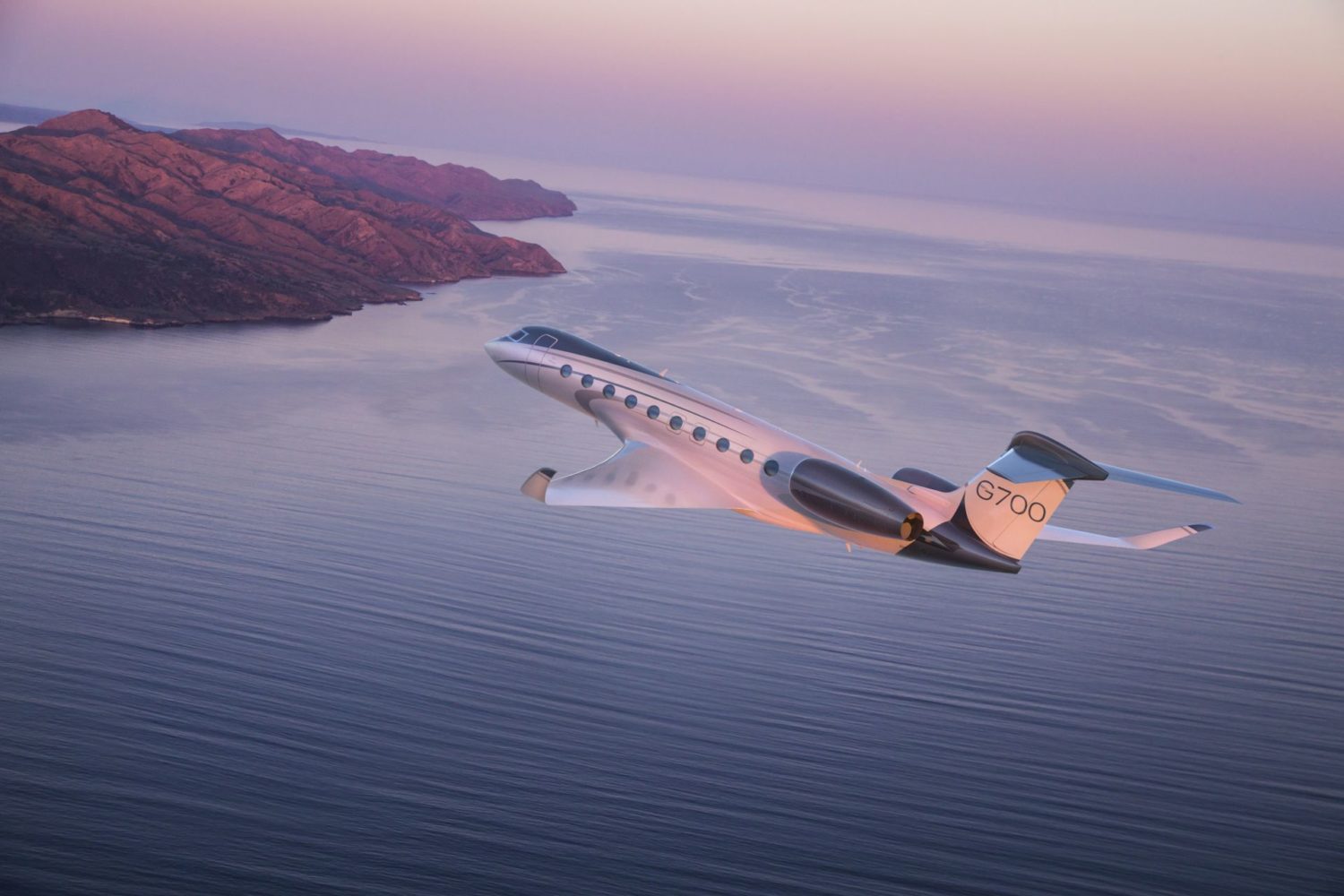Ironclad and superlight. Thermoplastic composite is seen as the material of the future. In aviation, the major advantages are already known. The efficiency of aircraft can be greatly improved. Disadvantage: the material is extremely expensive, mainly because of the production process. A Northern Dutch consortium, financially supported with 3.5 million euros by SNN and the provinces of Drenthe and Groningen, is developing an innovative process in the Luxovius project that significantly reduces the cost price and increases sustainability. The project should create 25 new jobs.
Luxovius dramatically changes the current energy-intensive and time-consuming method of manufacturing thermoplastic parts. The big difference from the known method is that it eliminates the need for the autoclave. That is a large metal pressure chamber that consolidates the pretreated material under high pressure and heat. In addition to a significant cost/time reduction and substantial energy savings, the CO2 reduction thus realized is also of great importance.
Digital twin
The promises of this so-called Out-of-Autoclave process are great. The substantial cost reduction makes the production of smaller and more complex forms of the superior material profitable. This makes the use of the material accessible in other markets as well. Thanks to the development of a "digital twin," a virtual representation of the production process, more benefits are being achieved, such as optimization and prediction of maintenance and quality. Boeing and Airbus are following the developments closely for good reason.
Northern Netherlands Consortium
The companies Boikon of Leek, GKN Fokker of Hoogeveen, Koninklijk Nederlands Lucht- en Ruimtevaartcentrum (NLR), NHL Stenden Hogeschool and the Noordelijke Ontwikkelingsmaatschappij (NOM) are joining forces to develop, demonstrate, validate and market that new method of manufacturing aircraft parts from thermoplastic composite.
Boikon is developing the machinery needed and GKN Fokker, in addition to being a launching customer, is also the developer of the production process. Luxovius offers NLR the opportunity to share knowledge and expertise with Dutch industry, putting it into practice and realizing the sustainable ambitions of aviation. NHL Stenden, through Luxovius, introduces students to the relevant field, the special production of composites and also brings knowledge through an associate lecturer and senior project engineer. The opportunities for strengthening the northern economy and employment are obvious. This is why NOM is also a partner in Luxovius. NOM sees great opportunities for new and existing northern companies in applying the developed production method and the accumulated knowledge.
